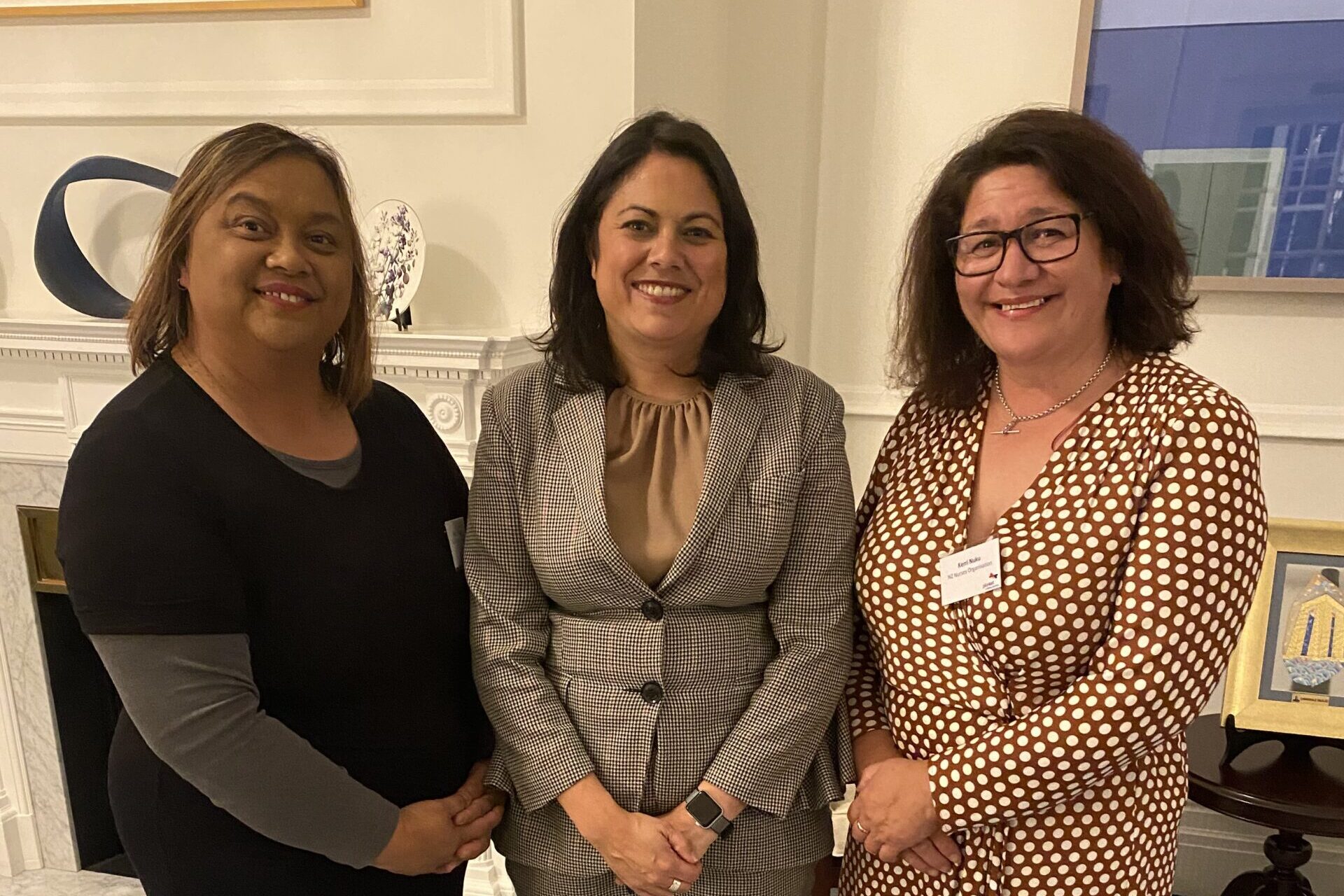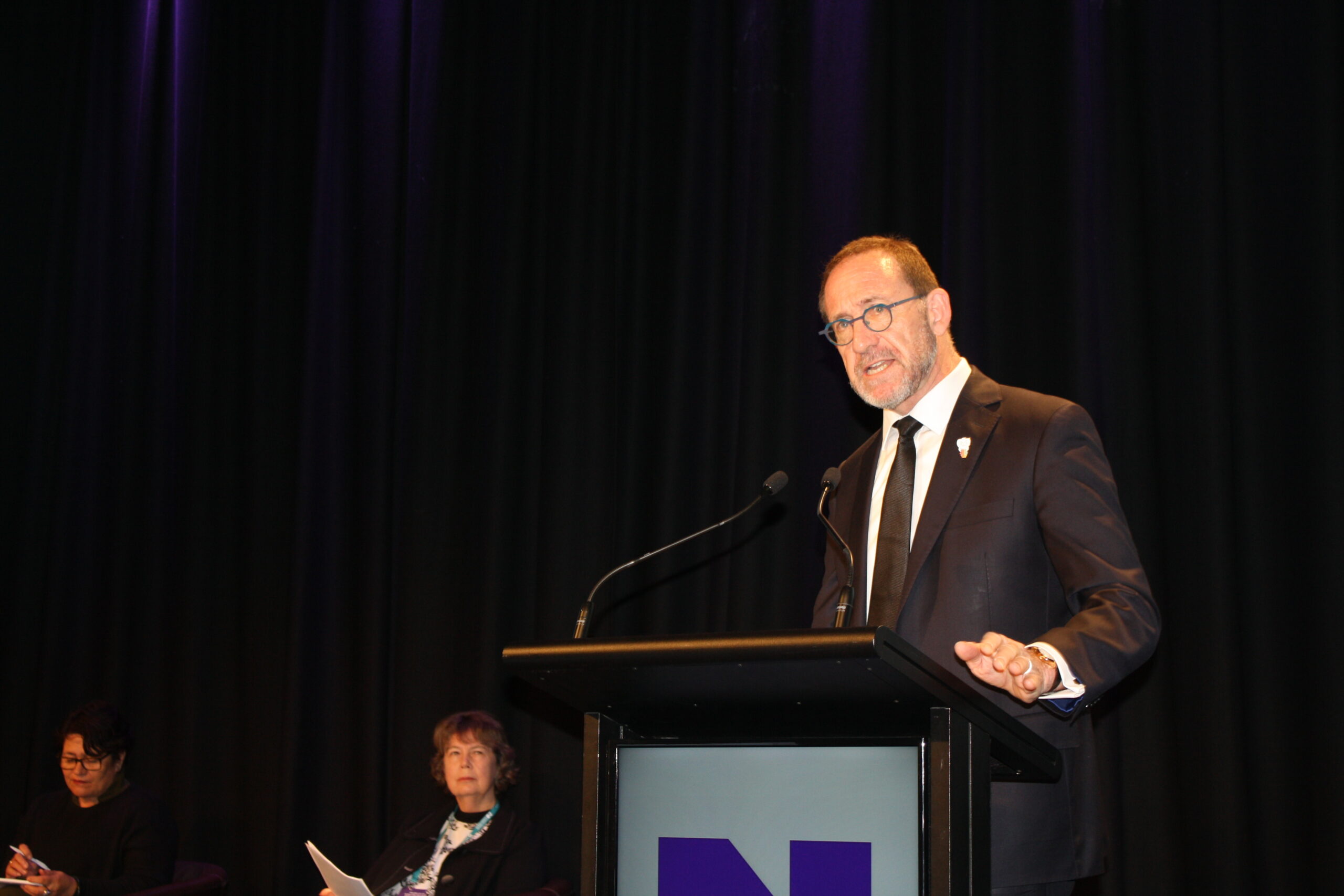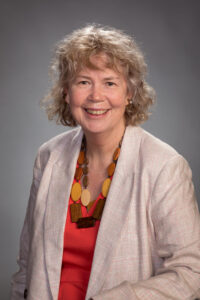
In another leadership re-set, newly appointed Prime Minister Chris Hipkins has announced Dr Ayesha Verrall is the new Minister of Health, replacing Andrew Little.
She is the first woman in the role for 17 years.
Hipkins announced the changes on Tuesday, with Little picking up the public service and defence portfolios in addition to his other roles in security, Treaty of Waitangi negotiations and the ongoing response to the 2019 Christchurch terror attacks.
Another Wellington MP, Barbara Edmonds, was appointed Associate Minister of Health, with responsibilities for Pasifika health and housing.
“She said ‘I don’t want to talk, I just want to listen’. And that’s rare for a politician.”
The change marks a major promotion for Verrall — a Wellington Labour list MP — from her roles as associate health minister, COVID-19 response minister, research, science and innovation minister, and minister for seniors.
New Zealand Nurses Organisation Tōpūtanga Tapuhi Kaitiaki o Aotearoa (NZNO) chief executive Paul Goulter immediately welcomed her to the role.
“We know Ms Verrall is aware of the urgent need to lift the number of trained and qualified nurses and to ensure pay and conditions are equal across the health system.”

He said Verrall’s greatest challenges in the role would be the ongoing pay equity dispute and lack of pay parity for members.
NZNO kaiwhakahaere Kerri Nuku said Verrall would bring practical knowledge of the health sector to the role and a “really genuine approach”.
As a guest to the indigenous nurses Aotearoa conference and hui ā-tau in 2021, Verrall had impressed attendees, Nuku said.
“She said ‘I don’t want to talk, I just want to listen’. And that’s rare for a politician.
“She wasn’t looking for a big fanfare or acknowledgement, she just wanted to understand the issues.”
Nuku said she was optimistic of positive change for members with Verrall at the helm because she is a woman, and has practical experience of the sector.
“The reality is she does bring a different, diverse world view, and I think that’s a valuable thing.”

NZNO president Anne Daniels said pay parity needed to be the “major priority” for Verrall.
Andrew Little said in November that nurses in aged care, iwi and Pasifika health providers and hospices would be paid the same rates as Te Whatu Ora. However primary health care nurses employed by GPs were excluded as there was no evidence of a pay gap, he said.
Daniels said: “It’s just not fair or ethical for nurses, no matter where they work, to be paid differently just because they have a different employer. They are doing the same job.”
Daniels thanked Little for his willingness to meet NZNO and its members. “For that, I have to give him credit — for keeping the door open and the conversation going.”
After completing her medical degree at Otago University, Verrall worked as a junior doctor at Wellington Hospital, completed specialist training in Singapore and researched tuberculosis in Indonesia.
She is an expert on vaccines, tuberculosis and COVID-19, and, as health minister, follows in the footsteps of two leading Labour women. Former prime minister Helen Clark served in the role from January 1989 to November 1990, and Dame Annette King took on the role for five years from December 1999 to October 2005.

Announcing Verrall’s promotion associate to health minister, Hipkins said she brought two decades of health sector experience to the role.
“An infectious diseases expert, she brings almost 20 years of knowledge of how our health system works and of course how it could be improved.”
While Little had done a “fantastic” job at leading the health reforms, Hipkins said Verrall was “the right person to lead us through the next phase which is on health delivery”.
Little – who outraged nurses last year when he denied there was a health crisis and has been mired in a back pay, and pay equity dispute with NZNO – retained his “full confidence” as a minister, Hipkins said. “He is absolutely an integral member of our team.”




